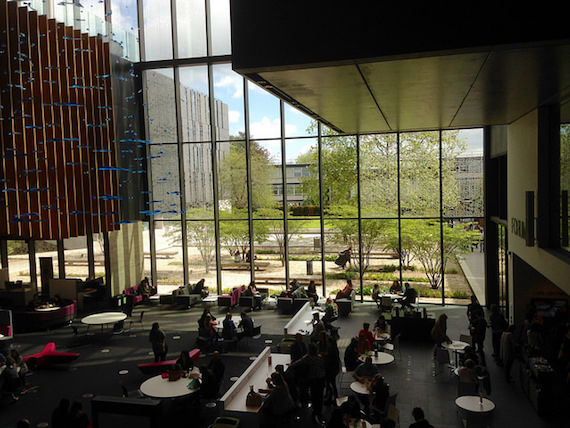By Martin Vogel

I’m not a great one for introducing theoretical models in my work with clients, however much my practice may be informed by theory. One that I frequently reference, though, is the leader’s framework for decision making devised by David Snowden and Mary Boone. This is the clearest and most usable articulation I know of what it means to lead in complex situations.
Snowden and Boone argue that leaders often come unstuck because they misconstrue the nature of the scenario they are dealing with. Typically, often without realising it, they are informed by an ideology of management that likens organisations to machines. So they fall in with expectations that most problems can be subject to linear solutions of command and control. Unfortunately, they are likely to be putting unreasonable pressure on themselves and, ultimately, setting themselves up for failure.







